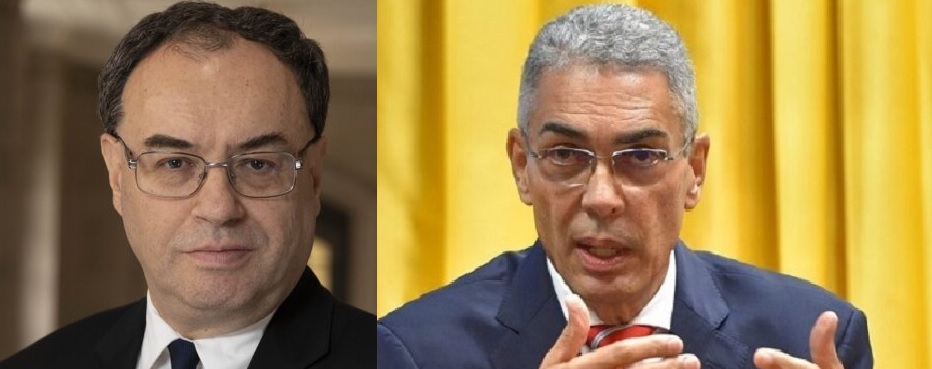
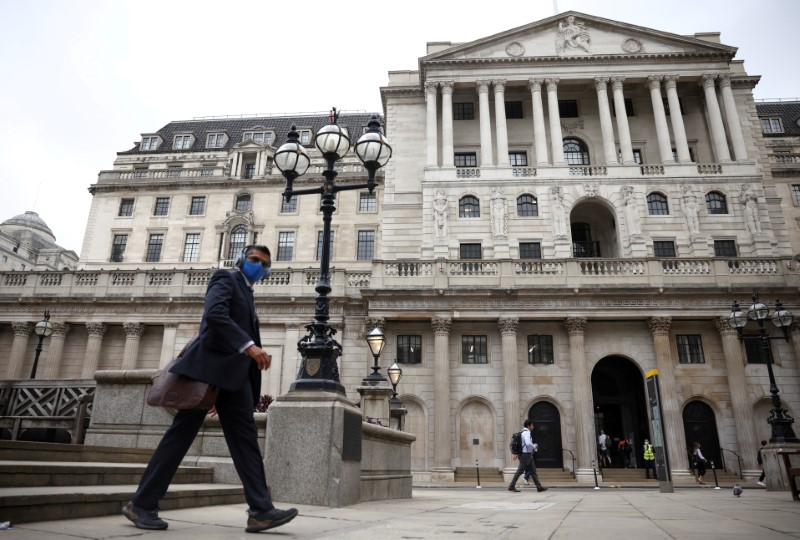
Earlier today it was announced that the Bank of England (BOE) would be keeping its base rate at the current level of 0.1 per cent, a record low. It was expected to be increased to 0.25 per cent.
UK
The BOE has cut its growth rate projection to five per cent from the six per cent set earlier this year.
This move to stay put on the interest rate comes days after the US Federal Reserve decided to keep interest rates unchanged despite rising inflation.
The UK’s Chancellor of the Exchequer Rishi Sunak has said that a percentage point in interest rates and inflation could cost the Treasury around £25 billion a year.
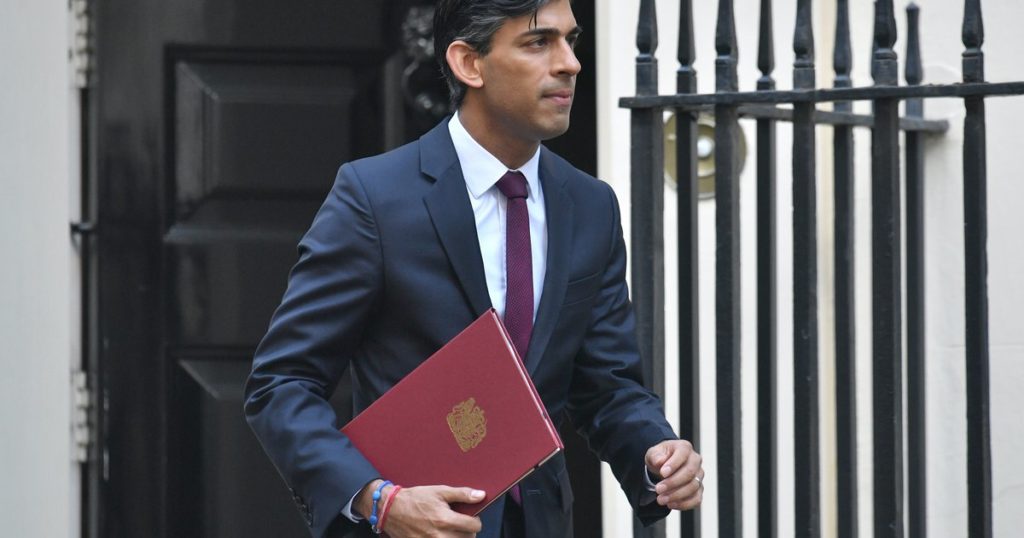
Speaking in Parliament, Sunak said: “I have written to the Governor of the Bank of England to reaffirm the remit to achieve low but stable inflation. “Inflation in September was 3.1 per cent and likely to rise further with the Office for Budget Responsibility (OBR) expecting Consumer Price Index (CPI) to average four per cent over the next year. The majority of the rise in inflation can be explained by two global forces.
“First, as economies around the world reopen, demand for goods has increased more quickly than supply chains can meet. Second, global demand for energy has surged at a time when supplies have already been disrupted putting a strain on prices. The pressures caused by supply chains and energy prices will take months to ease. It would be irresponsible for anyone to pretend we can solve this overnight.”
Some of Britain’s biggest banks were expecting to increase their rates in anticipation of a raise by the BOE, with mortgage rates likely to go up.
But with the CPI moving from 3.1 per cent in September to 4.5 per cent in November, the Bank of England may have few options but to put up its base rate in the near future.

Inflation in the UK is expected to rear its head above four per cent next year. On news that the Bank of England had decided to keep the interest rate unchanged, the pound fell by nearly one per cent against the dollar today.
Speaking at the BOE’s Monetary Policy Committee’s (MPC) press briefing today, BOE Governor Andrew Bailey said: “Putting interest rates up isn’t going to get us more gas. For the foreseeable future, we are in a world of low interest rates.
“That doesn’t mean that they don’t rise and fall within that sort of bound. But I want to be quiet clear, we’re not signaling that there’s going to be some very sharp return to the world that we can just about remember before the financial crisis.
“We think there will be some need to increase interest rates to bring inflation sustainably back to target and we will be ready to do that.”
Jamaica
Meanwhile, in Jamaica, Governor of the Bank of Jamaica (BOJ) Richard Byles has come under scathing criticism for raising its policy interest rate by 100 basis points to 1.50 per cent.
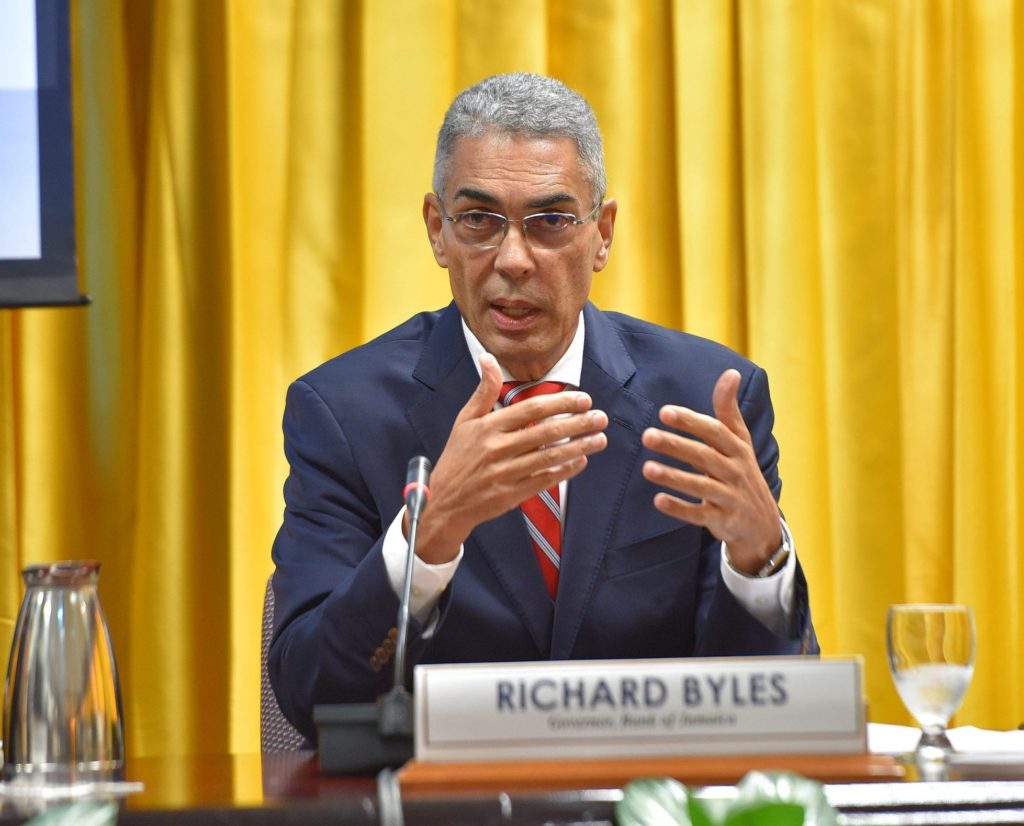
Looking to abide by its mandate to keep inflation in check (within four to six per cent), the BOJ explained: “The recent significant increases in international commodity prices and shipping costs have had a stronger than expected pass through to local prices. These increases have contributed to a further rise in inflation expectations which were already elevated.”
Governor Byles has repeatedly made his position clear, that with income per capita at less than US$6,000, many Jamaicans are severely impacted by inflation and its effects on the prices of the basics they live on – rice, flour, sugar, sardines, starched agricultural produce.
“Do we want to put an impediment to growth? No. But do we want to step up to the mandate that has been given to us? Yes, and it means that we have to deploy the tools that we have at hand,” said Byles.
He has gone to lengths to stress that the impact inflation has on citizens in developed countries like the US and UK is far less injurious than that which pertains to Jamaicans.
“The increase in interest rates will debilitate our economy and further impoverish the most vulnerable in our society.”
The Jamaica Manufacturers and Exporters Association
The Jamaica Manufacturers and Exporters Association (JMEA) retorted: “The increase in interest rates will debilitate our economy and further impoverish the most vulnerable in our society. A move of this nature by the Central Bank will result in higher lending rates to consumers including small manufacturers and exporters affecting their ability to pay their bills and keep staff employed.
“It strongly recommends that the BOJ seriously reconsider this action in the near future.”
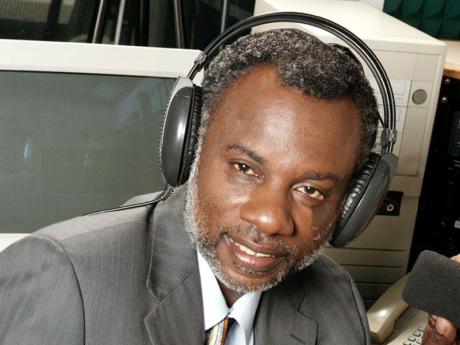
Veteran business and economic news broadcaster Ralston Hyman has been particularly strident in his barbs directed at the governor of the BOJ, likening him more to a commercial banker than a central banker, and has called for him to be fired.
Hyman argues that the mandate of the governor of the Central Bank cannot just be price stability but must also be the expansion of the economy.
Byles points out that inflationary pressures in the US tend to be more benign, as opposed to spikes that serve to erode wages and dampen the effectiveness of the economy, thus putting additional strain on the less financially able.
“There is no swifter way to poverty than inflation,” declared the BOJ governor.


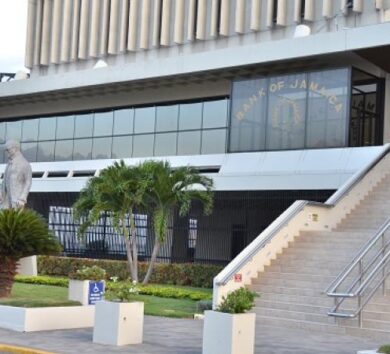


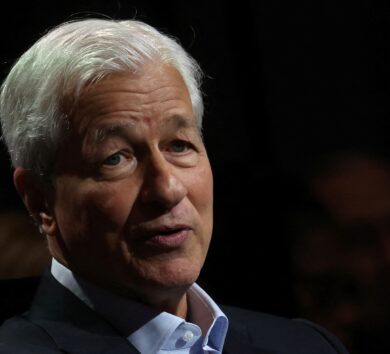

Comments